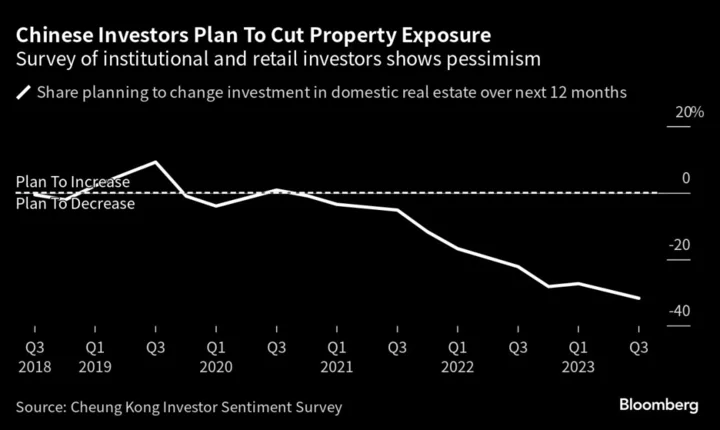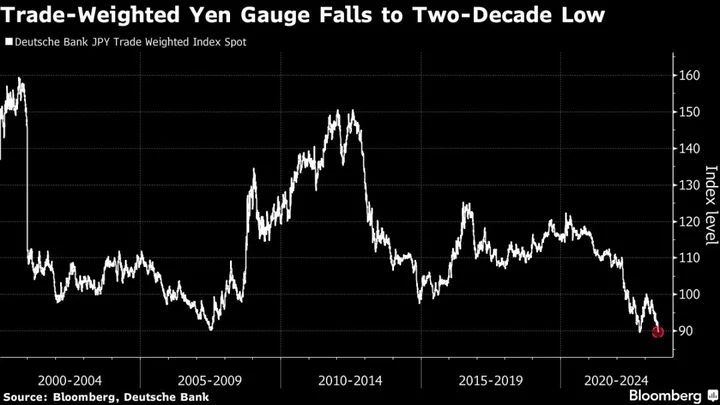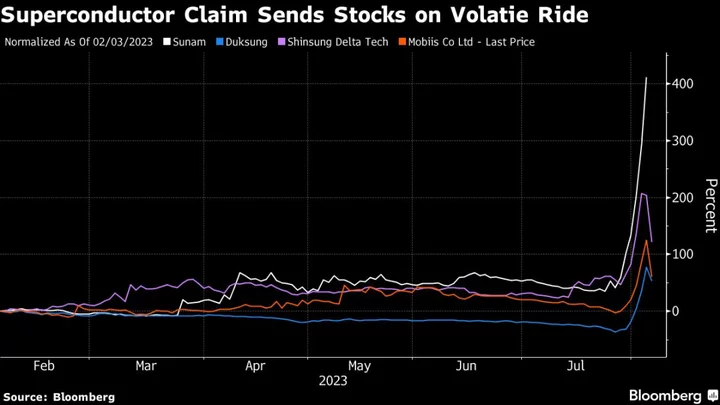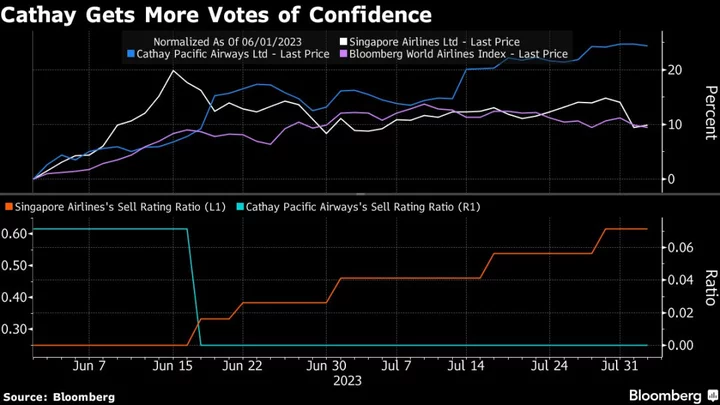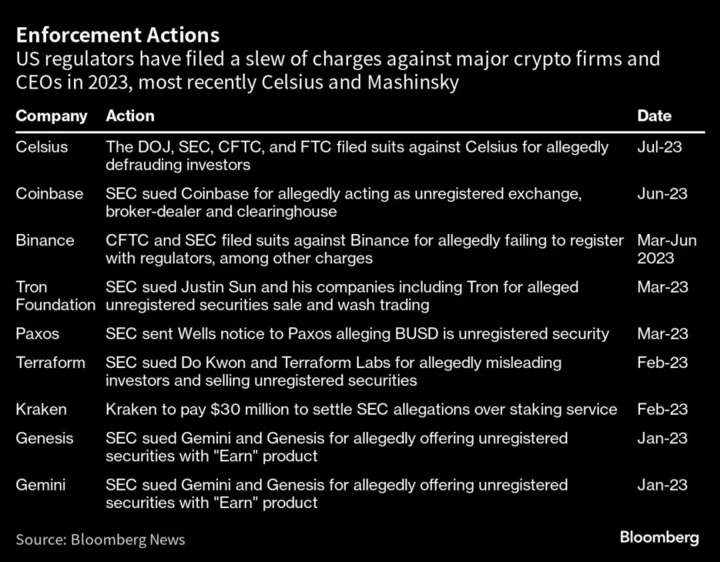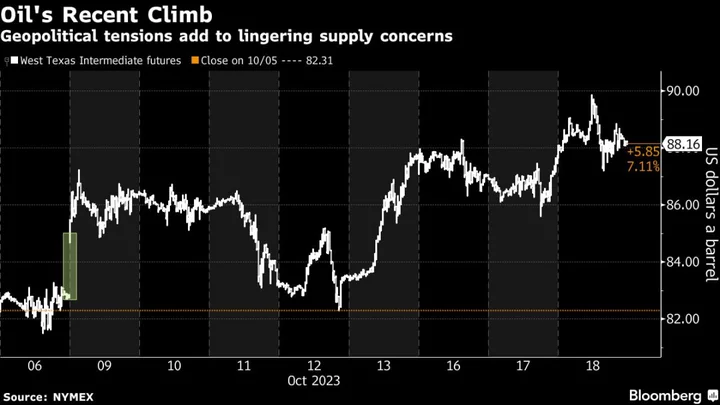A record share of Chinese investors plan to cut their allocation in property over the next year, a new survey showed, underlining the difficulties Beijing is having breathing life back into the sector.
The net share of respondents planning to cut their investment in domestic real estate over the next year rose to a record 31.7% in the third quarter of this year, according to the quarterly investor sentiment survey published by the Cheung Kong Graduate School of Business in Beijing.
Pessimism on property values appears to be one reason for caution, with the share of investors predicting that secondary-market prices will rise in first and second-tier cities over the next year falling to 47.6% — a record low since the survey began in 2018.
The survey’s authors, Liu Jing, an accounting and finance professor, and researcher Chen Hongya, suggested in a statement accompanying the survey that policymakers implement “slightly more aggressive” monetary policies to stabilize the housing market in the short term.
Beijing’s official line in recent years has been that the property sector is for residents, not investors. The ruling Communist Party’s Politburo dropped that slogan in its July meeting focused on the economy, causing some economists to argue that the leadership favored some revival in investment demand.
Chinese property stocks tumbled to their lowest levels since October 2011 this week, according to a Bloomberg Intelligence gauge, as worries about liquidity and weak housing demand intensified ahead of a weeklong trading break on the mainland.
The survey covers 13 major Chinese cities and approximately 1,000 samples from individual investors and 500 from institutional investors.
Investors were more optimistic in areas outside of property. Some 70% of the respondents predicted that China’s domestic share prices will rise over the next year. About 58.5% of investors believed that China’s GDP in 2023 can grow by more than 5%.
“Interestingly, the index in Q3 didn’t find a significant drop in respondents’ expectations for the stock market, which largely results from their confidence in the market evaluations and in China’s growth potential,” the survey authors wrote.

